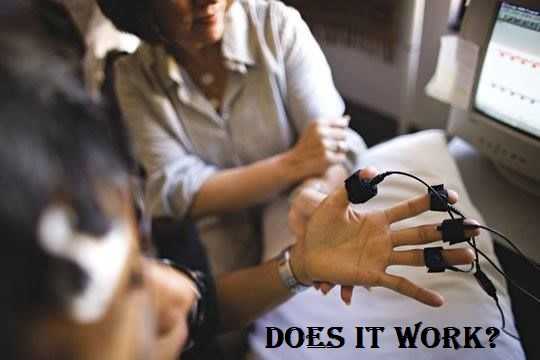Is Pregnancy Risky in Epilepsy Patients?

This post will answer the question ‘is pregnancy risky in epilepsy patients,’ which is often wondered by women. If you are ready, here we go!
The 9-month gestation period can be extremely for women with epilepsy, as well as for healthy women. However, it also refers to a risky period for the baby. But although the period in question carries risks, epilepsy isn’t an obstacle to pregnancy.
Before starting your pregnancy period, you should definitely talk to your doctor. Your doctor will assess how well you manage the disease and consider any treatment changes you may need to make before pregnancy begins. If you have had frequent bouts of epilepsy before becoming pregnant, it may be advisable to hold off the pregnancy until the seizures are better controlled.

For most pregnant women suffering from epilepsy, seizures remain the same as before this period, meaning that epileptic seizures are less common in some patients. Especially for women who get little sleep or don’t take medication as prescribed, pregnancy can increase epilepsy seizures.

Risks Epilepsy Can Create During Pregnancy
Seizures of epilepsy during pregnancy can cause the following;
- Slowing of fetal heart rate
- Decreased oxygen to the fetus
- Fetal injury, premature separation of the placenta from the uterus (placental abruption), or miscarriage during a seizure
- Premature birth
Some medications taken during pregnancy can negatively affect the health of the baby. Medications taken to prevent seizures of epilepsy can cause congenital disabilities such as cleft palate, neural tube defects, skeletal abnormalities, and genetic heart to urinary tract defects. For this reason, during pregnancy, you should stay in constant contact with your doctor and not use more than recommended doses of medication.
If you had never had an epileptic seizure in the 9 months before you became pregnant, you are less likely to experience these seizures during your pregnancy. If you have not had an epileptic seizure between 2 and 4 years, you can reduce your dose of the drug before the start of your pregnancy by your doctor’s instructions.
For expectant mothers with epilepsy, continuing treatment during this period is often the best solution. Your doctor will prescribe the safest medication and dose to minimize the risks, depending on the type of seizure, and monitor your blood level throughout your pregnancy.
It is essential to eat healthy before and during pregnancy. Prenatal vitamins that your doctor will recommend, regular and adequate sleep for your body will also benefit you during this period. During this period, you should also avoid smoking, alcohol, and caffeine consumption, and if you have such a habit, you should quit.
The best treatment practice during pregnancy is possible with a programmed pregnancy. At least six months before the decision to conceive is made, the treatment is reviewed. Drugs are reduced to the minimum level where they are effective. If possible, the number of medications used is reduced, and pregnant while treatment is maintained. During pregnancy, the patient should be closely monitored by a neurologist and an obstetrician. The average childbearing rate of epileptic mothers using the drug is about 90-95%.





